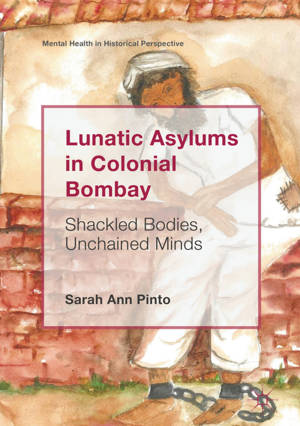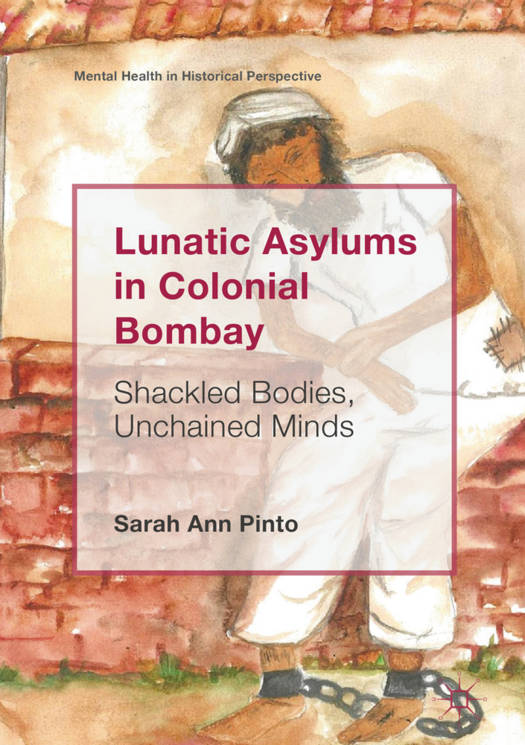
- Retrait gratuit dans votre magasin Club
- 7.000.000 titres dans notre catalogue
- Payer en toute sécurité
- Toujours un magasin près de chez vous
- Retrait gratuit dans votre magasin Club
- 7.000.000 titres dans notre catalogue
- Payer en toute sécurité
- Toujours un magasin près de chez vous
Description
This book traces the historical roots of the problems in India's mental health care system. It accounts for indigenous experiences of the lunatic asylum in the Bombay Presidency (1793-1921). The book argues that the colonial lunatic asylum failed to assimilate into Indian society and therefore remained a failed colonial-medical enterprise. It begins by assessing the implications of lunatic asylums on indigenous knowledge and healing traditions. It then examines the lunatic asylum as a 'middle-ground', and the European superintendents' 'common-sense' treatment of Indian insanity. Furthermore, it analyses the soundscapes of Bombay's asylums, and the extent to which public perceptions influenced their use. Lunatic asylums left a legacy of historical trauma for the indigenous community because of their coercive and custodial character. This book aims to disrupt that legacy of trauma and to enable new narratives in mental health treatment in India.
Spécifications
Parties prenantes
- Auteur(s) :
- Editeur:
Contenu
- Nombre de pages :
- 242
- Langue:
- Anglais
- Collection :
Caractéristiques
- EAN:
- 9783319942438
- Date de parution :
- 10-09-18
- Format:
- Livre relié
- Format numérique:
- Genaaid
- Dimensions :
- 148 mm x 210 mm
- Poids :
- 576 g







